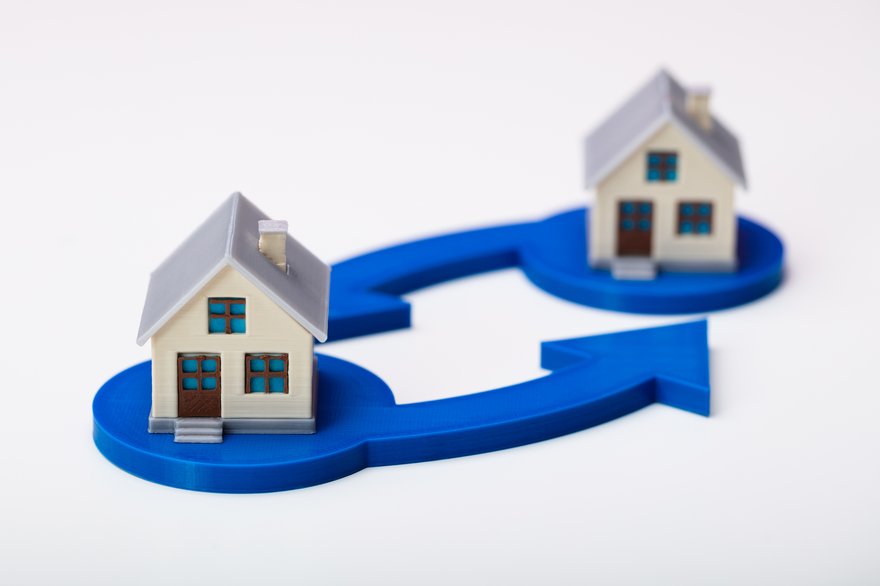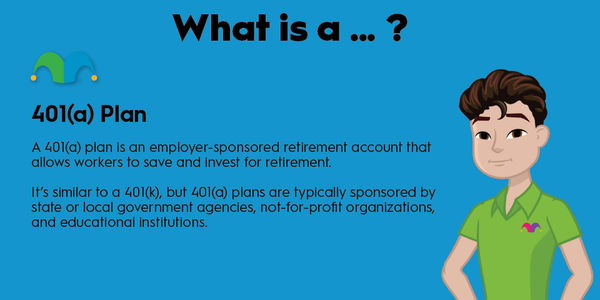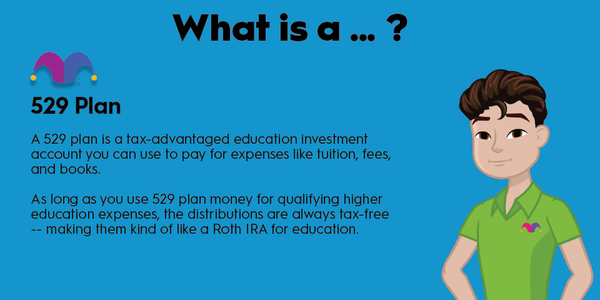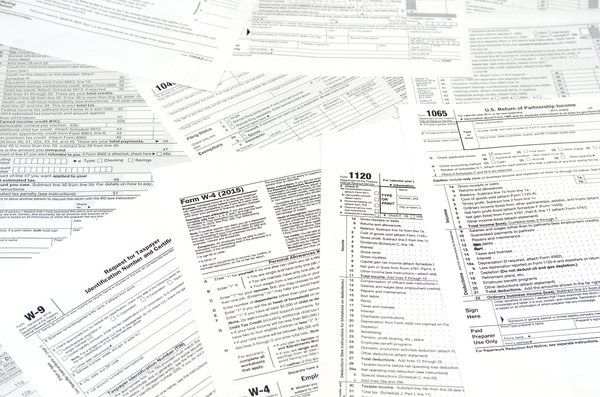Real estate investors have many vehicles for reducing their tax bills with regard to their properties. A 1031 exchange is just one of these tools, but it must be used carefully.

Defining the 1031 exchange
What is a 1031 exchange?
A 1031 exchange is a real estate transaction that's essentially a "swap" under Section 1031 of the Internal Revenue Code. When you're involved in a 1031 exchange, you can sell a property and immediately use the funds to buy another without any taxes due, giving you a bit more money to work with.
In most cases, 1031 exchanges can't be used for personal residential properties; this is only for real estate investors. That said, any investment real estate can be used in these transactions as long as they're being purchased for commercial purposes.
So, if you want to swap a rental for a beach house for yourself, no dice. But if you want to trade a single-family rental for a duplex, you're in luck.
What qualifies?
What qualifies for a 1031 exchange?
Although investors were once allowed to use 1031 exchanges for a wide variety of properties -- even personal property, such as airplanes and art -- the only permissible trades now are for business or investment real estate.
And that real estate can't be just any old sort of real estate; it must be a "like-kind" of real estate. In short, it must have already been an investment property and must continue to be one after the exchange.
You can't, for example, trade an apartment building for a condo that was someone's personal home immediately before the exchange. You'd have to trade the apartment building for a condo that had been used as an investment.
What is a delayed exchange?
What is a delayed exchange?
It can be hard to find a like-kind property immediately available for a 1031 exchange and that the owner wants to swap for your property. Therefore, there's such a thing as a delayed exchange. In a delayed exchange, an intermediary holds the cash after the property you wanted to exchange is sold outright and then uses it to buy another property that would otherwise qualify for a 1031 exchange.
You must choose your new property within 45 days of the sale. In fact, you can generally designate up to three properties as long as you close on at least one (in some cases, you can choose more). You also must close on the new property within 180 days of your initial sale. Since these exchanges don't happen concurrently, they're considered delayed.
Why 1031 exchanges matter
Why 1031 exchanges matter to investors
Stock and bond investors will likely never encounter a situation in which 1031 exchanges are involved. More hands-on investors, especially those interested in having a few rental units of their own, may find 1031 exchanges useful for deferring capital gains taxes on their long-held real estate investments.
Related investing topics
A 1031 exchange is fairly difficult to use on large-scale assets, like investment-grade real estate portfolios. But if you have three or four rental properties and are looking to mix things up a bit, a 1031 exchange may be a good tool for you.
For example, you could trade properties that you've fully depreciated for new properties of a similar value to regain your tax benefit. There are many reasons small-scale real estate investors might utilize a 1031 exchange -- it's just another tool in your long-term wealth-building arsenal.






